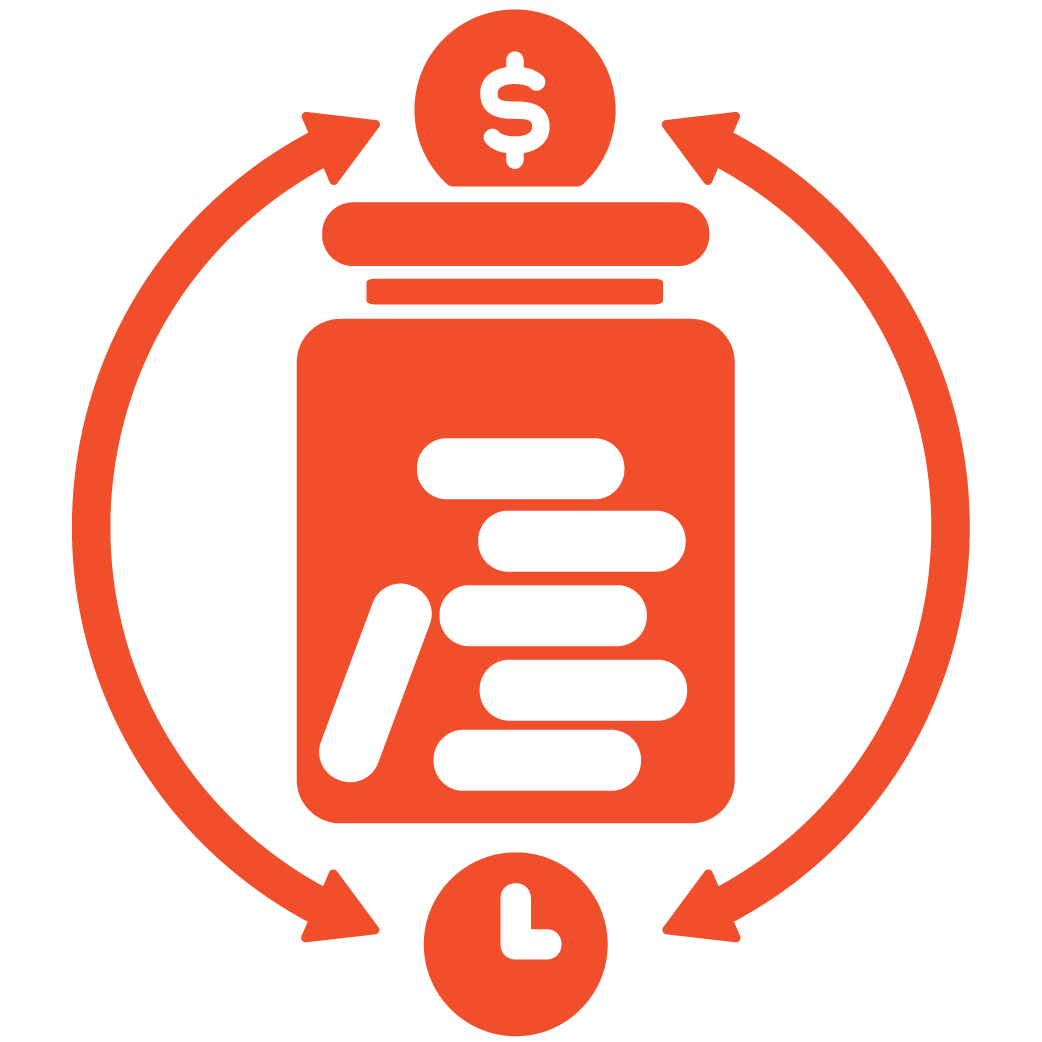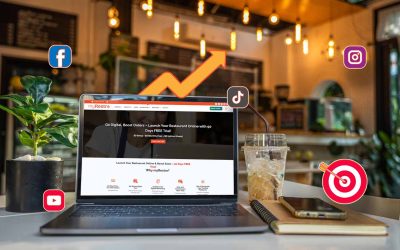In today’s competitive restaurant industry, exceptional food and customer service are just the starting point for success. To truly thrive, restaurant owners must leverage advanced tools and systems that optimize operations. A powerful restaurant management system can streamline every facet of your restaurant, from order processing to inventory control, and help you stay ahead of the competition. Here’s a deeper look at the key features that make the best restaurant management systems stand out and how they drive growth.
1. Simplifying Order Management
Efficient order management is a critical factor in the fast-paced environment of restaurants. The best restaurant management systems seamlessly track orders across multiple channels, whether customers are dining in, ordering online, or using third-party platforms. By consolidating orders from different sources into one system, restaurants can eliminate mistakes, ensure accuracy, and enhance customer satisfaction. A robust system allows staff to process orders faster, reducing wait times and improving the overall dining experience, which is key to customer retention and positive reviews.
2. Real-Time Inventory Control
Running a restaurant efficiently means keeping inventory costs under control. A top-tier restaurant management system provides real-time inventory tracking, allowing restaurant owners and managers to monitor stock levels throughout the day. When stock levels run low, the system automatically alerts managers to reorder supplies, preventing costly shortages or overstocking. This helps reduce waste, ensuring that ingredients are used before they spoil, and maximizing profitability. A system with built-in inventory tracking ensures you always have the right ingredients on hand without tying up unnecessary capital in excess inventory.
3. Automated Staff Scheduling
Managing restaurant staffing effectively can be a challenge, particularly when it comes to scheduling shifts. Advanced restaurant management systems automate scheduling based on factors such as predicted sales, historical data, and employee availability. These features help prevent overstaffing during slower times or understaffing during peak hours, ensuring that labor costs stay aligned with business demands. By automating scheduling, restaurants can reduce administrative burdens, avoid scheduling conflicts, and ensure that every shift is covered efficiently, contributing to smoother operations and improved employee satisfaction.
4. Insights and Reporting
The best restaurant management systems provide valuable real-time insights that allow managers to make informed decisions. These systems generate detailed reports on everything from sales trends and menu performance to customer preferences and peak hours. By analyzing this data, restaurant owners can identify growth opportunities, adjust pricing strategies, and tweak the menu to better align with customer demand. Insights derived from system analytics allow managers to quickly adapt to market changes and operational challenges, ensuring continued success in an ever-evolving industry.
5. Customer Relationship Management (CRM)
Customer loyalty is the cornerstone of a successful restaurant. With a built-in CRM tool, a restaurant management system helps businesses engage with customers on a deeper level. By collecting and analyzing customer data, such as past orders, preferences, and contact information, restaurants can personalize their marketing efforts, send targeted promotions, and create tailored dining experiences. A well-executed CRM strategy enhances customer retention, increasing the likelihood of repeat visits and positive word-of-mouth referrals, which is essential for sustained business growth. For further insights into CRM benefits, read this article on CRM best practices.
6. User-Friendly POS System
A Point-of-Sale (POS) system is at the heart of every restaurant’s operation, facilitating smooth transactions and tracking sales. An integrated POS system within a restaurant management platform provides streamlined payment processing, sales tracking, and record-keeping. The best systems enable quick order entry, real-time updates to inventory, and detailed financial reporting. By simplifying these core functions, restaurants can focus more on customer service and less on backend logistics, improving the overall guest experience while maintaining financial accuracy.
7. Marketing Tools Integration
An effective restaurant management system doesn’t just improve operational efficiency—it also helps you market your business. Many of the best systems come equipped with marketing tools that simplify running campaigns on social media, email, and other channels. Automated marketing features allow restaurants to engage with new and returning customers, notify them about promotions, events, or menu changes, and even run loyalty programs. With built-in analytics, managers can track the success of campaigns and refine strategies for better reach and higher engagement.
8. Security and Data Protection for Customer Trust
When it comes to handling customer data—especially payment details—security is paramount. The best restaurant management systems adhere to strict data protection protocols, ensuring customer information is kept safe from breaches or unauthorized access. Look for systems that employ encryption technology for payment processing, secure logins, and regular security updates. By safeguarding your restaurant’s sensitive data, you not only protect your business but also build customer trust, which is vital in an increasingly digital world.
9. Seamless Integration with Third-Party Services
A comprehensive restaurant management system can integrate with third-party services to streamline various operations. For example, integration with online delivery platforms like UberEats or DoorDash allows restaurants to manage all deliveries in one place. Similarly, connections with accounting systems can help streamline financial operations. These integrations ensure that your restaurant operates more efficiently, with fewer chances for errors or missed opportunities.
The importance of a comprehensive restaurant management system cannot be overstated. A system like myRestro, designed for restaurants seeking to enhance efficiency, reduce costs, and increase profitability, is the ultimate solution for restaurant owners looking to take their business to the next level. From providing role based access to offering real-time analytics, myRestro provides a complete toolkit to help restaurants thrive in today’s competitive environment.
If you are ready to optimize your restaurant’s operations and increase profitability, myRestro offers an exceptional solution with its commission-free restaurant management system. By integrating tools for order management, inventory control, staff scheduling, and marketing, myRestro empowers restaurant owners to make data-driven decisions that foster growth.
Contact myRestro Today! For a tailored solution that fits your restaurant’s needs, reach out to myRestro. Visit us at 18000 Pioneer Blvd, Suite #203, Artesia, CA 90701, or contact us at info@myrestro.io or +1 (562) 366-0646. Let us help you streamline your operations and drive your restaurant’s success.










0 Comments